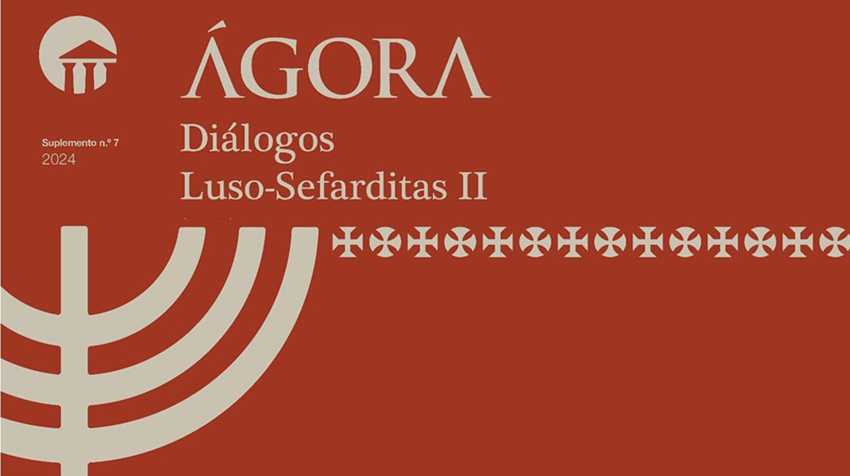The law known as the "Sephardic law" published in March 2015 granted citizenship to 74,806 by the end of 2022. Most of the new Portuguese citizens made their requests from Israel, Turkey, Brazil and Morocco. Family surnames, family memories and family language are some of the illustrative circumstances mentioned in the law, which requires the tradition of belonging to a Sephardic community of Portuguese origin and mentions the communities that existed in the Mediterranean, in the former Ottoman Empire and in some regions of Europe.
More than one million people around the world meet the legal requirements. The total number of citizenships granted thus amounts to about 7% of the total number of possible candidates. In addition, there are those who understand the law to apply to tens of millions of people in Latin America, particularly families that have been Christian for many generations and who believe they are "descendants" of individuals who were condemned by the Inquisition for the practice of Judaizing heresies. In light of this understanding, not even 1% of potential applicants have obtained nationality.
The government has the discretionary power to grant or not grant nationality to applicants, according to criteria of political expediency. Between March 2015 and July 2023, more than 600 applications were rejected. That number could have been higher or lower. Protests are pointless. The government decides on a case-by-case basis at its prudent discretion.
In the year 2020, the government demonstrated its intention to render the law ineffective. It pressured parliament to do so and, in the absence of a response, left the warning that it would be up to "public opinion" to do so. At the end of the following year, the granting of Abramovich's Portuguese citizenship was reported scandalously. "Public opinion" has demanded changes. Five days later, the law was destroyed, in practical terms, by government decree, which now calls for its end in theory by the end of 2023.
The Jewish Community of Lisbon has already announced that it opposes the government's intention to end the law and has sent to parliament a legal opinion in which it defends the total unconstitutionality of the government proposal. Vivian Groisman from the Jewish Community of Oporto assures the PJN that "the government has the legitimacy to end the law. But this time it must not use journalists, police and prosecutors. It was a farce."


































